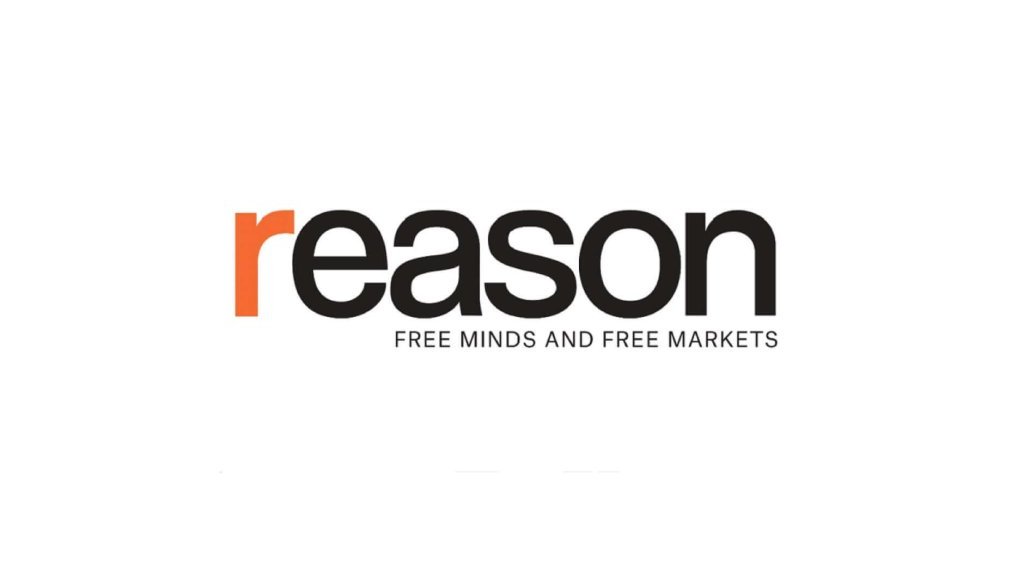New Year’s Terror
More than a dozen people were killed and many others wounded in senseless vehicular attacks on New Year’s Day. Both attacks were allegedly carried out by U.S. citizens. At least one, and possibly both, of the alleged attackers were Army veterans.
In New Orleans, 42-year-old Shamsud-Din Jabbar drove a rented Ford pickup truck into a crowd of people celebrating on Bourbon Street Wednesday morning. He killed 15 people and left dozens more injured. After driving through the crowd, Jabbar allegedly exited the truck wielding a rifle, shot at police officers, and was killed in return fire.
Later that morning, in Las Vegas, a Tesla Cybertruck exploded outside of the Trump International Hotel, killing the driver and wounding seven others. Police found explosives in the back of the truck.
The person suspected of detonating the explosives in Las Vegas is 37-year-old Matthew Livelsberger, a resident of Colorado Springs, Colorado, and the Cybertruck’s driver.
A possible link between the New Orleans and Las Vegas attacks “is not being ruled out,” Newsweek reports, though Las Vegas Metropolitan Police Department Sheriff Kevin McMahill on Wednesday called the Tesla truck explosion an “isolated incident.”
The FBI is calling the New Orleans attack a terrorist attack and investigating whether Jabbar acted alone. “We do not believe that Jabbar was solely responsible,” Althea Duncan of the FBI New Orleans field office said during a news conference yesterday.
In videos thought to have been recorded during his drive from Texas to New Orleans, Jabbar reportedly discussed his divorce and how he had planned to kill his family before having dreams suggesting that he should instead join ISIS.
The truck Jabbar used for his murders bore an ISIS flag. It’s unclear if he actually had any ties to the Islamic State.
Predictably, some discourse around the New Orleans attack has already turned to fear of foreigners, despite the fact that Jabbar was a U.S. citizen who was born in Texas and served for many years in the U.S. military. Jabbar enlisted in 2007 and was deployed to Afghanistan from February 2009 to January 2010, according to the Associated Press. In 2015, he transferred to the Army Reserve, serving until July 2020.
“When I said that the criminals coming in are far worse than the criminals we have in our country, that statement was constantly refuted by Democrats and the Fake News Media, but it turned out to be true,” said Donald Trump in a statement about the New Orleans attack.
Livelsberger is also a U.S. citizen. According to Denver’s ABC affiliate, Livelsberger once served at the same Army base as Jabbar.
The deluded generation? In another entry in the seemingly endless annals of “millennials fail to launch,” The Wall Street Journal looks at how my generation—today’s late-20s to early-40s age group—are way behind previous generations when it comes to marrying, having children, and buying homes. “What researchers once called a lag is starting to look more like a permanent state of arrested development,” the article states. But that’s been the suspicion for quite some time.
Kudos to the Journal, however, for noting that conventional explanations—things like the Great Recession, the pandemic, and a bad housing market leading to poor economic prospects—don’t exactly add up.
Median wages for full-time workers ages 35 to 44 are up 16% between 2000 and 2024, from $58,522 to $67,652 adjusted for inflation, according to the Labor Department. The overall wealth of 30-somethings, too, rose 66% between 1989 and 2022, according to the St. Louis Federal Reserve, from $62,000 to $103,000.
In many ways, this age group is in a better place financially, on average, than their parents were at this age. The problem is that they don’t seem to know it. Only 21% of adults in their 30s rated the overall economy as good or excellent last year, per the Federal Reserve, and economists say young adults are significantly more pessimistic about the future than prior generations were.
Economist Melissa Kea
Article from Reason.com

The Reason Magazine website is a go-to destination for libertarians seeking cogent analysis, investigative reporting, and thought-provoking commentary. Championing the principles of individual freedom, limited government, and free markets, the site offers a diverse range of articles, videos, and podcasts that challenge conventional wisdom and advocate for libertarian solutions. Whether you’re interested in politics, culture, or technology, Reason provides a unique lens that prioritizes liberty and rational discourse. It’s an essential resource for those who value critical thinking and nuanced debate in the pursuit of a freer society.




